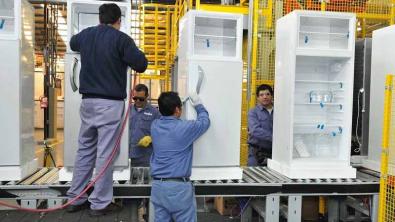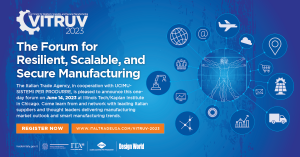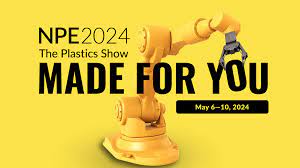According to Yoelle Rojas, director of the Nuevo Leon Home Appliance Cluster (CLELAC), the home appliance industry will face a year of changes, but will maintain positive trends.
The cluster director pointed out that the production of home appliances is expected to grow at a global scale at an annual rate of around 4%; however, Mexico would take advantage of its positioning within the nearshoringphenomenon , so that, at least in terms of production and investment, it should show a growth of 8%.
"The meeting between Presidents Biden, Trudeau and López Obrador resulted in the creation of a specialized committee to establish relations with businessmen and investors, who will seek to promote import substitution," he said.
He added that, according to information from the British bank Barclays, an investment growth opportunity of close to 147 billion dollars is estimated behind nearshoring.
"Mexico must take advantage of this moment and continue with the trend for the next few years, and a fundamental sector is that of household appliances," said Rojas.
In this regard, he added that over the course of this year in Mexico, some 25 industrial parks are projected to open.
"The increase in infrastructure is important for all industries; the home appliance industry, for example, currently occupies up to 12% of existing space. If the trend continues, we will be able to see the occupation of new spaces by the industry dedicated to the assembly and manufacture of white goods," he explained.
Relocated and integrated supply chain
According to Yoelle Rojas, Mexico is the fifth largest producer of home appliances in the world, and this has allowed it to develop a solid supply chain, which in many cases has up to twenty years of experience and specialization.
"This is an absolute attraction for companies looking for a country where they can regionalize their supply chainprocesses . Mexico's advantage is very great compared to other Latin American countries," explained Rojas.
He indicated that the cluster, in seeking to integrate new players into the home appliance sector, supports them with competitiveness mechanisms that have an impact on their human capital, quality, social responsibility, innovation and new business.
Baldwin Britton, vice-president of CLELAC and global director of Plastiexports, said that new investments have opened up opportunities for local, regional and national supply chains.
The executive added that companies require national and regional suppliers in order to supply their chains.
"The objective of relocating their value chains to Mexico is to mitigate the costs of freight and containers coming from Asia, as well as other inputs," said Britton.
Carlos González, CEO of Hultek and leader of the CLELAC suppliers committee, said that the opportunity for Mexican SMEs lies in how to integrate into supply chains.
The specialist said that some of the elements that would facilitate the integration of Mexican SMEs include:
-
Certifications requested by the industry
-
Ability to make manufacturing more flexible
-
Approach to work from a more agile and automated perspective
-
Optimization of logistics and delivery processes
-
Streamlining not only manufacturing processes, but also project management processes
-
Improved delivery of quotations.
"Around 300 Mexican SMEs in the north of the country have already joined the supply chain of the main companies in this industry, and more may seek this integration," explained González.
He explained that the record investment figures speak of the confidence that exists in Mexican SMEs that work closely with the home appliance industry.
Finally, Gonzalez commented that Nuevo Leon and the northern states of the country have a developed infrastructure and the necessary connectivity to meet these demands.
Source: Modern Machines Shop


























